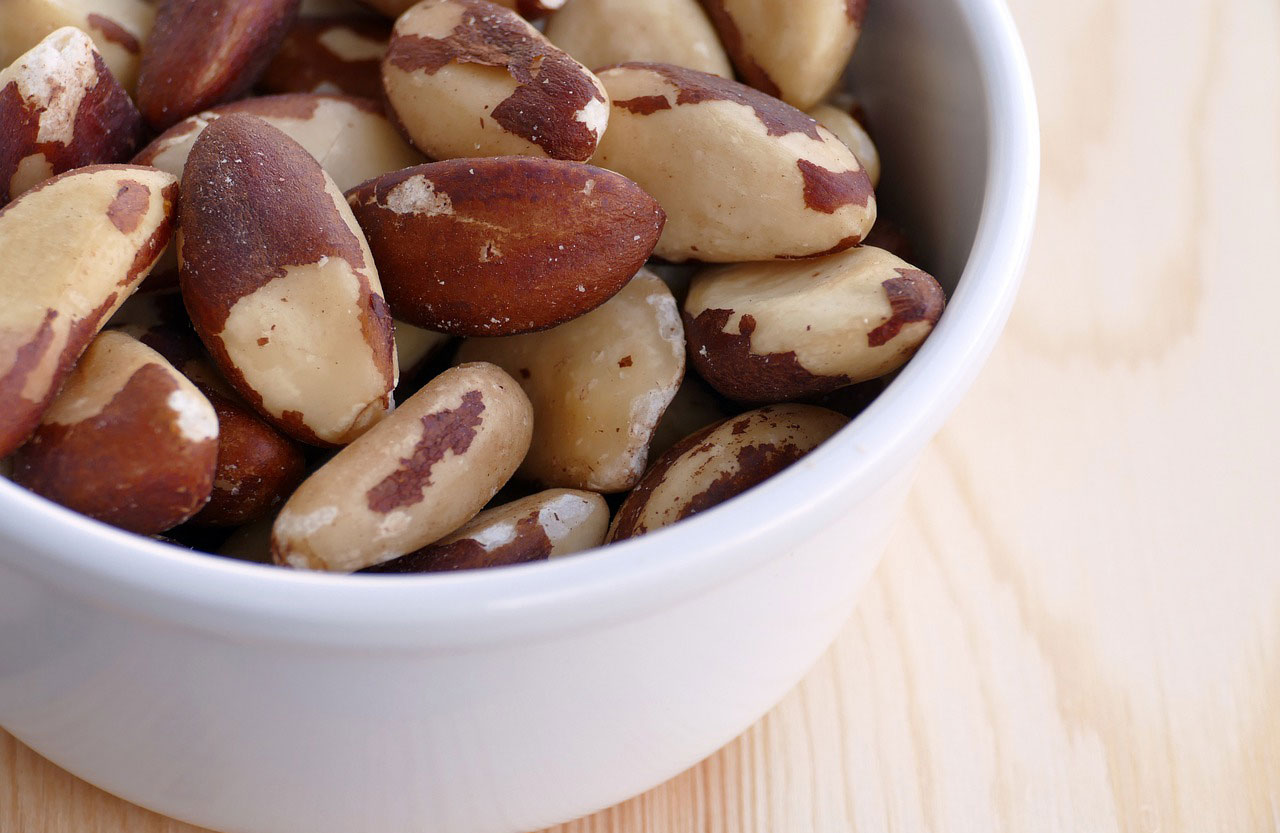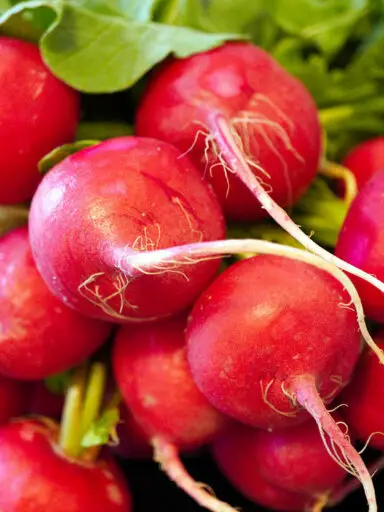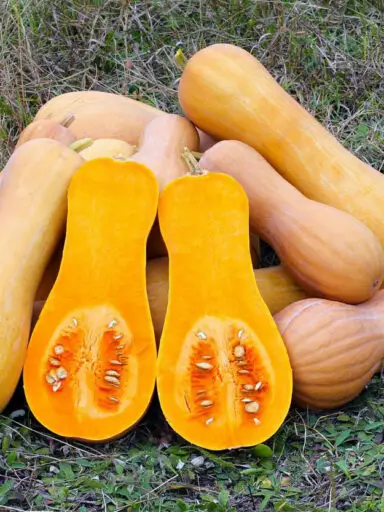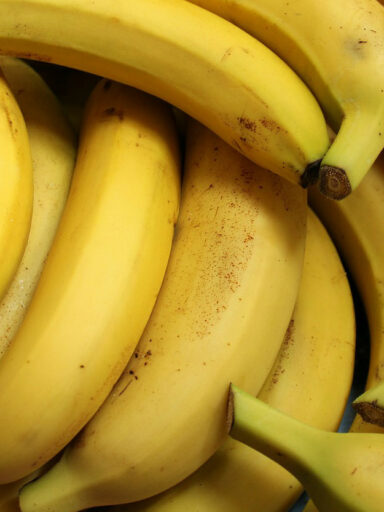The Brazil nut is a tree found in the South American Amazon Jungle of the family Lecythidaceae. It is also the name of the tree’s edible seeds. it is closely related to blueberries, cranberries, gutta-percha, persimmons, phlox, sapote, and tea.
It grows as large trees reaching 50 meters tall and trunks that reach 1 to 2 meters in diameter on the banks of the Amazon River, Rio Negro, Tapajós, and the Orinoco. The tree is native to the Guianas, Venezuela, Brazil, Eastern Colombia, Eastern Peru, and Eastern Bolivia.
The tree is known to leave for more than 500 years and up to 1000 years old. The tree is distinct in that it has no branches along the stem except for the canopy that towers over other trees. it bears large, dense, very heavy, and rigid fruits.
The fruit can reach up to 6 inches in diameter and weigh up to 2 kg. The outer shell is hard and woody and about half an inch thick. The fruit contains about 24 triangular-shaped seeds also called the Brazil nut.
The nuts can be found in markets raw either shelled or unshelled. They can also be sold roasted, and salted in grocery stores. Long exposure to air and sunlight can turn the nuts rancid.
Nuts should not be shriveled when purchased. They should feel heavy in hand and should not have any mold or rot.
At home, the Brazil nut should be stored in a cool, dry, and dark place where they can keep for months. For longer periods of storage, they should be stored in a refrigerator.
How to Ready Brazil Nut for Consumption
The nuts can be shelled using a nutcracker or handheld pliers. They can be eaten raw, salted, roasted, or sweetened. The ground nuts can be sprinkled over fruit and vegetable salads as well as ice cream sundaes.
They can be added to cake mixtures, pudding, fudge, chocolate, and other dessert preparations. The nut can also be used to enhance soups, stews, meat, poultry, and vegetable dishes.
The oil extracted from the Brazil nut can be used for cooking and in salad dressings.
Nutritional Benefits
The Brazil nut is rich in oils, energy, protein, dietary fiber, vitamins, minerals, and antioxidants.
The nuts provide 659 calories per 100 grams. They contain no cholesterol at all.
They are rich in B-complex vitamins such as folates, niacin, pantothenic acid, pyridoxine, riboflavin, and particularly thiamin.
The nuts are a rich source of vitamin E and come with good amounts of potassium.
They are also rich in calcium, copper, iron, magnesium, zinc, and manganese. They are extremely rich in selenium and phosphorus too.




